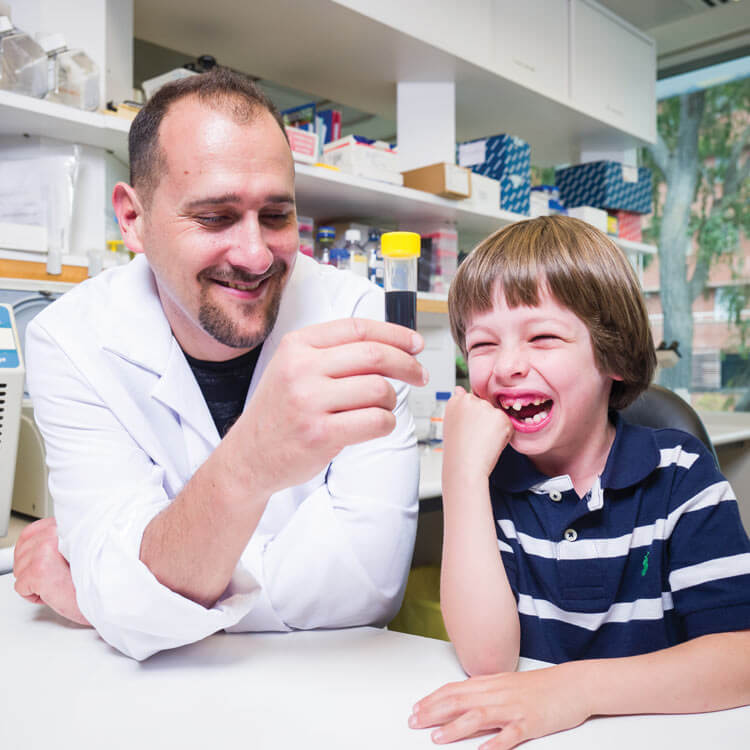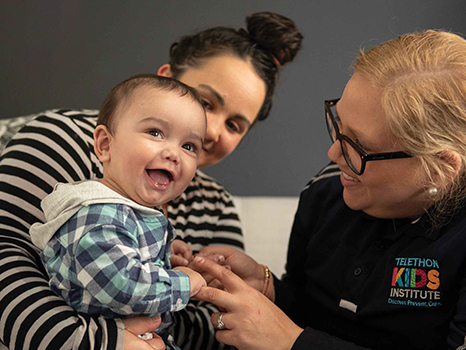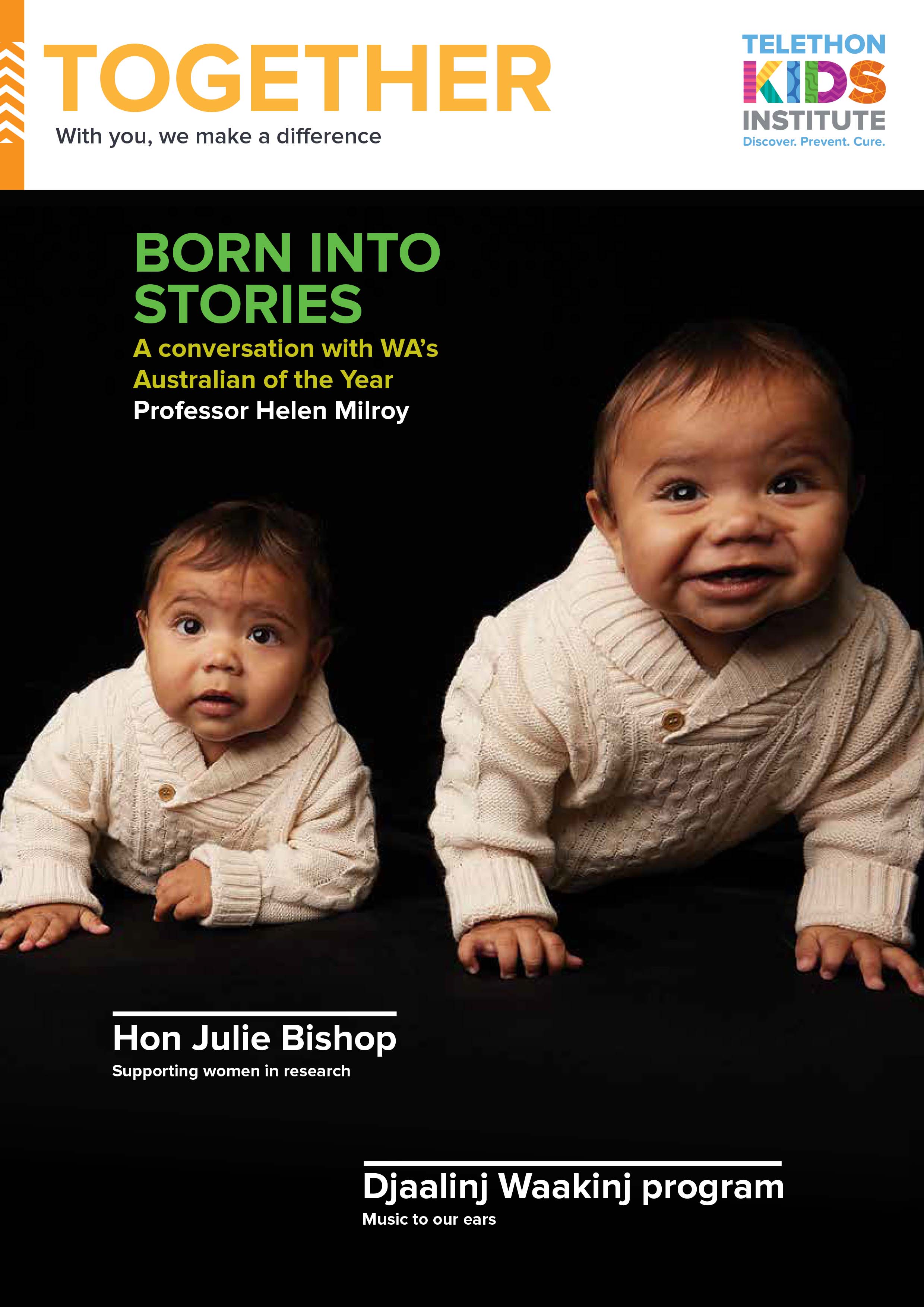Search

In anticipation of moving to our new home within the Perth Children’s Hospital, The Kids would like to thank both the State and Federal governments for fun

Thanks to an enabling donation from the Stan Perron Charitable Foundation, The Kids Research Institute Australia is home to one of the first paediatric personalised medicine research centres in the world.


News & Events
Donor support creates opportunities for Aboriginal researchers and staffAt The Kids Research Institute Australia, we are committed to the ongoing work in Aboriginal health which includes investment, support and training of our Aboriginal researchers and staff.

News & Events
Introducing our inaugural Illuminate Award recipientsWe are excited to announce the winners of our inaugural Illuminate Awards

News & Events
Meet Shanara - STARS Award RecipientShanara Quartermaine has just received 2022Supporting Training of Aboriginal Researchers & Staff (STARS) Capacity Building Funding Award.


Research
Priority setting for children and young people with chronic conditions and disabilitiesThe aim of this project was to identify the top 10 priorities for childhood chronic conditions and disability (CCD) research from the perspectives of children and young people with lived experience, their parents and caregivers and the professionals who work with them.
Research
Editorial: Bench to bedside: translating pre-clinical research into clinical trials for childhood brain tumorsNick Raelene Gottardo Endersby MBChB FRACP PhD BSc (Hons) PhD Head of Paediatric and Adolescent Oncology and Haematology, Perth Children’s Hospital;
